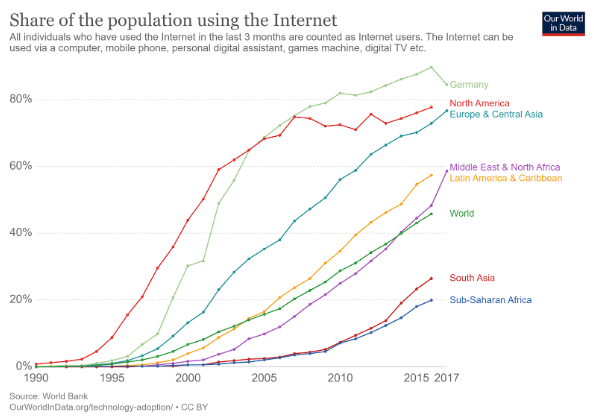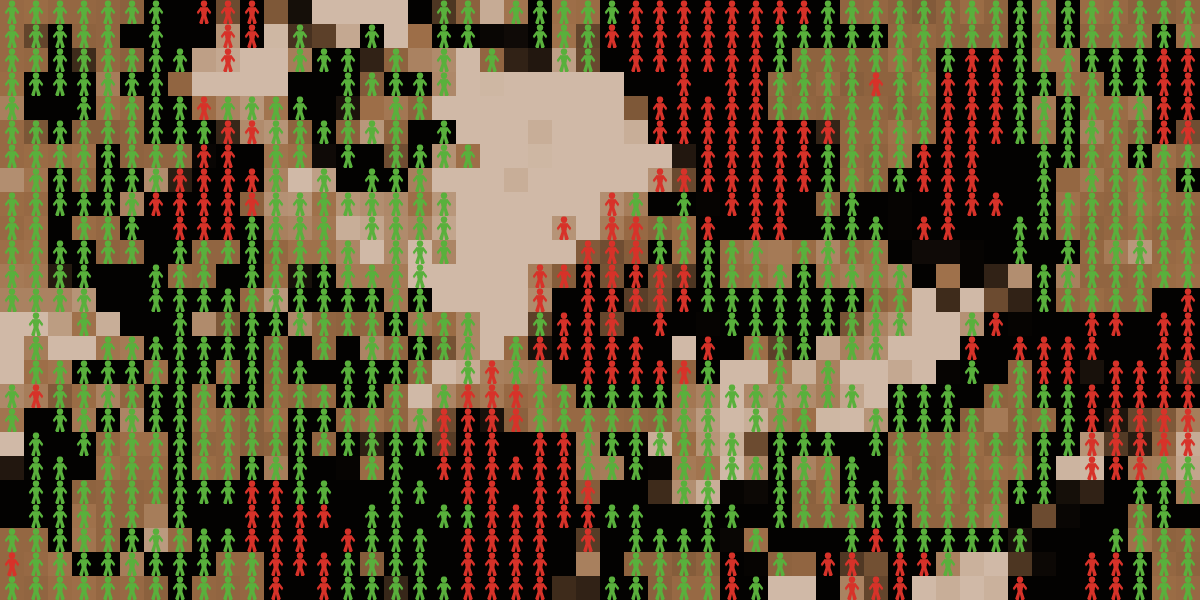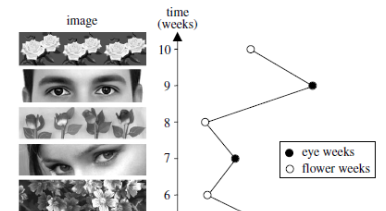
Cultural evolution (lesson plan)
Students explore the concept of cultural evolution by comparing it to genetic evolution based on a number of concepts, and explore why cultural evolution is so important in our species.
In this lesson, students explore a series of experiments in the real world. The experiments tested how various messages on people’s energy bills influenced their actual energy use. What roles do monetary incentives, social norms, appeals to nature or to citizenship play? The intervention is an example of the concept of Nudges, and results highlight the role of social norms and unconscious processes in human behaviors.
Author: Susan Hanisch

Students explore the concept of cultural evolution by comparing it to genetic evolution based on a number of concepts, and explore why cultural evolution is so important in our species.

This model adds cultural evolutionary dynamics through behavior imitation to the evolution of resource use behavior.

A behavioral experiment that tells us about the role of unconscious perception, particularly the perception of human eyes, on human social behavior.
OpenEvo is an educational innovation project from the Department of Comparative Cultural Psychology at the Max Planck Institute for Evolutionary Anthropology.
Evolve the future of education with us!